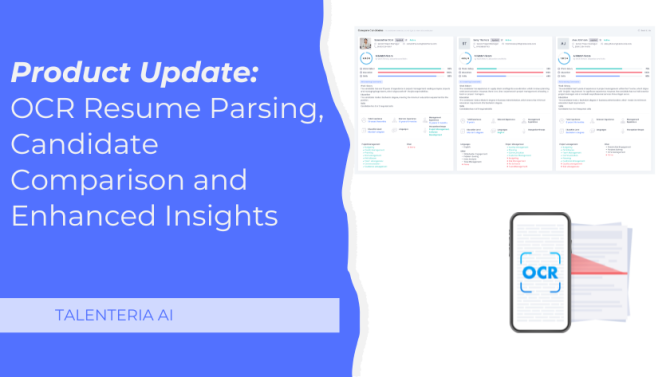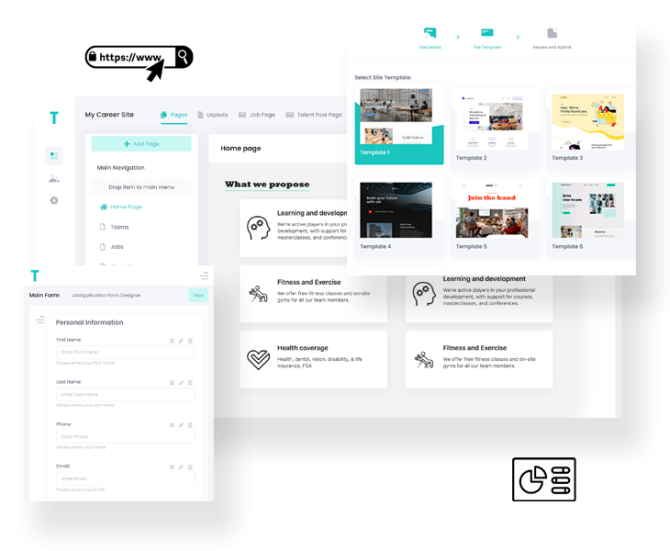
A Guide to Benchmark Jobs
Recruitment and hiring are challenging for any company, especially for the Human Resources department. There are various job positions to take care of, but benchmarking makes it more accessible. Let’s take a look at what benchmark jobs are and how you can start benchmarking.
What Is a Benchmark Job?
Benchmark jobs are also called core jobs or standard jobs. These are positions with a standard set of specifications from organizations across the industry. These include salaries, responsibilities, legal terms, and more. Benchmark jobs have readily available data, which is helpful for companies, employers, and HRs. You can use it to check the level of responsibility of your employees' performances and whether the pay is consistent with other companies.
How Organizations Benchmark Roles
A benchmark job helps gather and analyze the labor market in a company - and within the industry from a wider perspective. Employers and HRs use this when making decisions about various processes, such as hiring, promotion, and even training.
The HR department is commonly the one assigned for the investigation and administration of benchmarking. There are two phases in benchmarking - data collection and analysis.
1. Data Collection
The first step in benchmarking is research, which is basically how data is collected. A survey is conducted to collect data about the salaries of the same positions in the industry and the particular regional area. Surveys can be done in different ways, and so you can survey in your own way.
Some companies make their employees answer worksheets or forms to obtain data about their work traits and aptitudes that are essential in performing their jobs properly. In addition to these surveys, you must conduct research about labor trends, statistics, and standards of specific positions.
2. Analysis
The survey responses, research, and worksheets or forms must be analyzed so that the company can develop an outline of all the essential aspects of a particular position. You can compare salary ranges within the company too. And using all this data and analysis, the company can set standard salary rates for each job and establish any required raises or increments.
Benefits of Benchmarking
Benchmark jobs are beneficial for a company's hiring process; they allow HR specialists to create interview questions, applications, evaluations, and assessments to pinpoint the ideal and best-qualified candidates for employment.
Benchmarking also helps in assessing an employee's performance, as benchmark jobs determine the goals and accountabilities essential for a particular position (aside from what skills the employee should have). And so, based on the goals in the benchmark data, HR can evaluate and assess an employee's performance.
Non-Benchmark Jobs
Unfortunately, not all kinds of jobs are benchmarked. Non-benchmark jobs are those that don't have reliable and valid data. These can be jobs that are unique to your company; they can also be positions that don't accurately match other comparable jobs in the surveys. So, non-benchmark jobs need more effort to fill.
Hire Talented People for Benchmark Jobs
Benchmark jobs create transparency and equality and can be used as an objective evaluation tool within the company. With benchmarked salaries, skills, and other requirements, other intrinsic traits can be added to evaluate better whether a candidate is fit for the position or not. It certainly helps in HR procedures for recruitment. Aside from benchmarks, there are also platforms like Talenteria that can help boost your recruitment processes. Reach out today to learn more about our next-gen career site builder and recruitment marketing platform.






